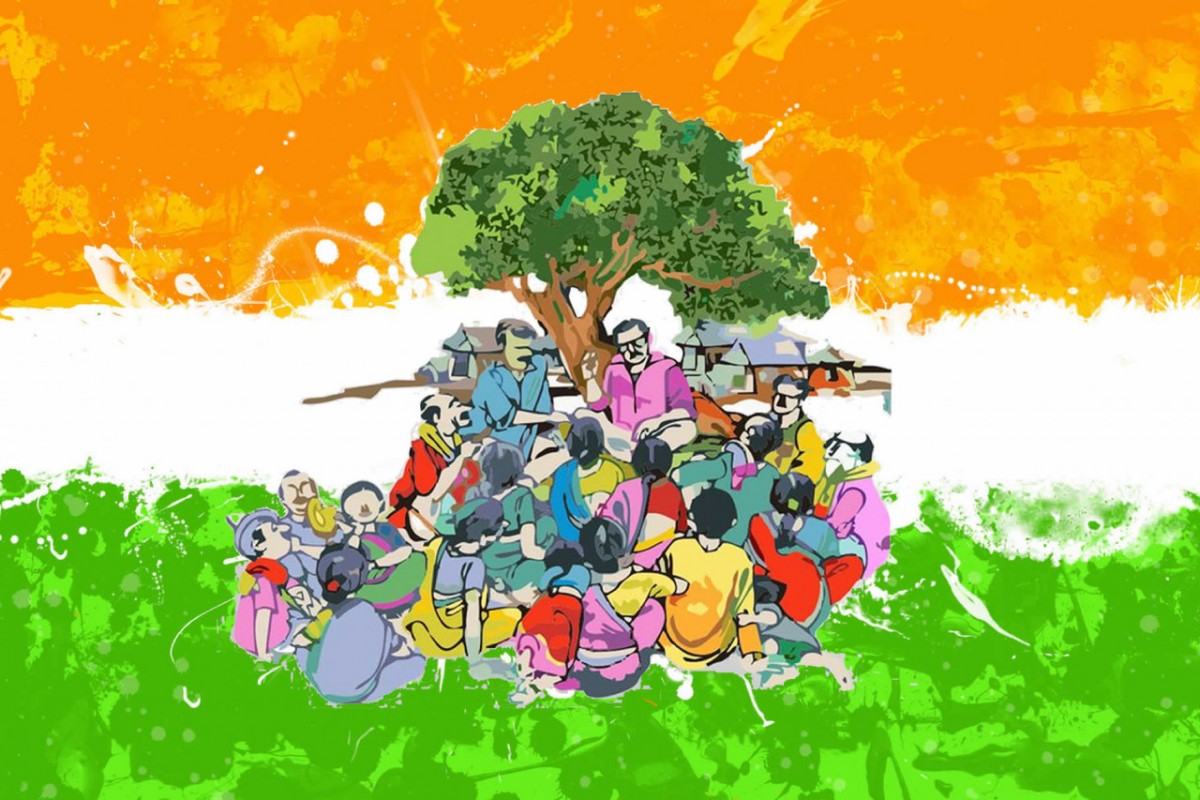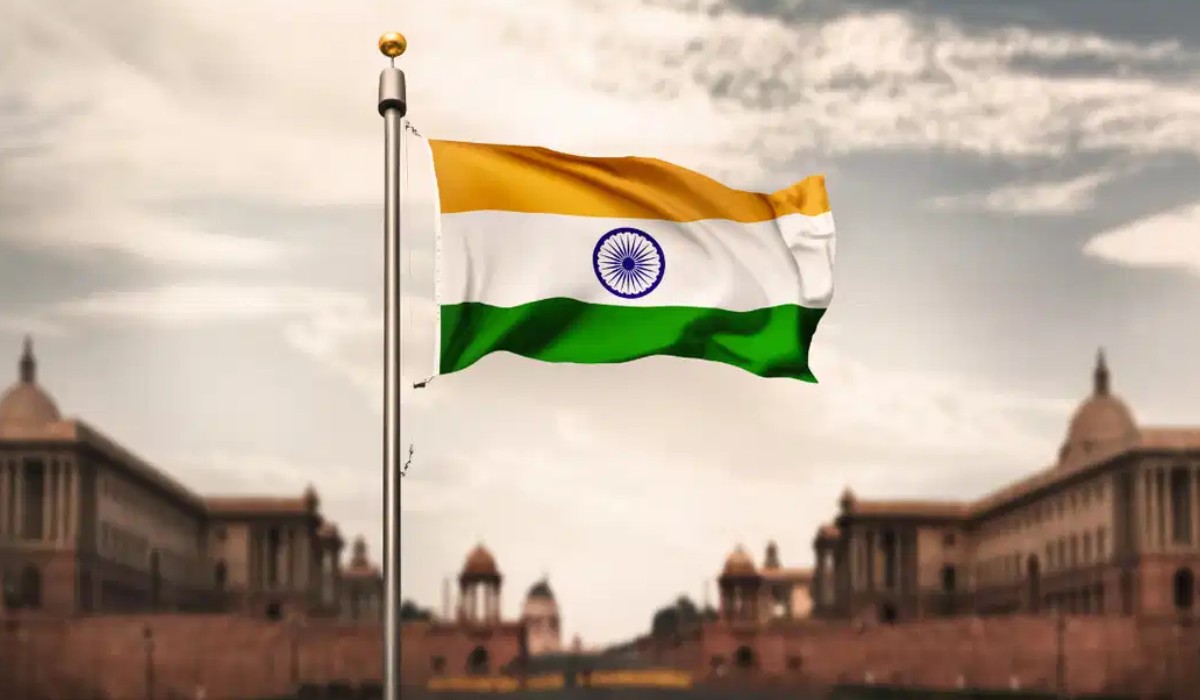Every year on April 24th, India commemorates National Panchayati Raj Day, a day dedicated to honoring and recognizing the pivotal role of Panchayati Raj institutions in the country’s governance framework. This significant day marks the enactment of the Constitution (73rd Amendment) Act, 1992, which established a three-tier system of Panchayati Raj institutions – Gram Panchayats at the village level, Panchayat Samitis at the block level, and Zila Parishads at the district level.
The Role of Panchayati Raj Institutions
Panchayati Raj institutions serve as the foundation of local self-government, bringing governance closer to the people and empowering them to participate actively in decision-making processes that affect their lives. The inception of Panchayati Raj has been instrumental in decentralizing power, promoting democracy at the grassroots level, and fostering socio-economic development in rural areas.
Also Read: Elon Musk to now launch a smart TV app
A Tribute to Grassroots Democracy and Rural Empowerment
The significance of National Panchayati Raj Day goes beyond mere celebration; it serves as a reminder of the fundamental principles of democracy and decentralization. It highlights the importance of empowering rural communities and ensuring their representation in the democratic process. Panchayati Raj institutions provide a platform for marginalized sections of society, including women, to voice their concerns and contribute to local development.
Also Read: Finding Your Polling Booth Through the Election Commission’s Website
Empowering Rural Development
Over the years, Panchayati Raj institutions have played a crucial role in various developmental initiatives, including rural infrastructure development, healthcare, education, sanitation, and poverty alleviation programs. Through participatory planning and implementation, these institutions have been able to address the specific needs and priorities of rural communities, leading to inclusive and sustainable development.
Strengthening Panchayati Raj Institutions for Effective Local Governance
National Panchayati Raj Day also serves as an occasion to reflect on the challenges faced by Panchayati Raj institutions and explore ways to strengthen their functioning. Issues such as insufficient financial resources, capacity building, administrative reforms, and gender equality continue to pose obstacles to effective local governance. Addressing these challenges requires collective efforts from all stakeholders, including governments, civil society organizations, and local communities.
Also Read: स्नाइपर की 6 गोलियां झेल लेगा नया भारतीय ‘कवच’, बाकी बंदूकें फेल
Renewing Our Commitment
As we celebrate National Panchayati Raj Day, it is imperative to reaffirm our commitment to strengthening grassroots democracy and promoting inclusive development. Empowering Panchayati Raj institutions, enhancing their autonomy, and ensuring effective devolution of powers are essential steps towards realizing the vision of a vibrant and participatory democracy. By harnessing the potential of local self-government, we can pave the way for a more equitable and prosperous future for all citizens, especially those living in rural areas.











